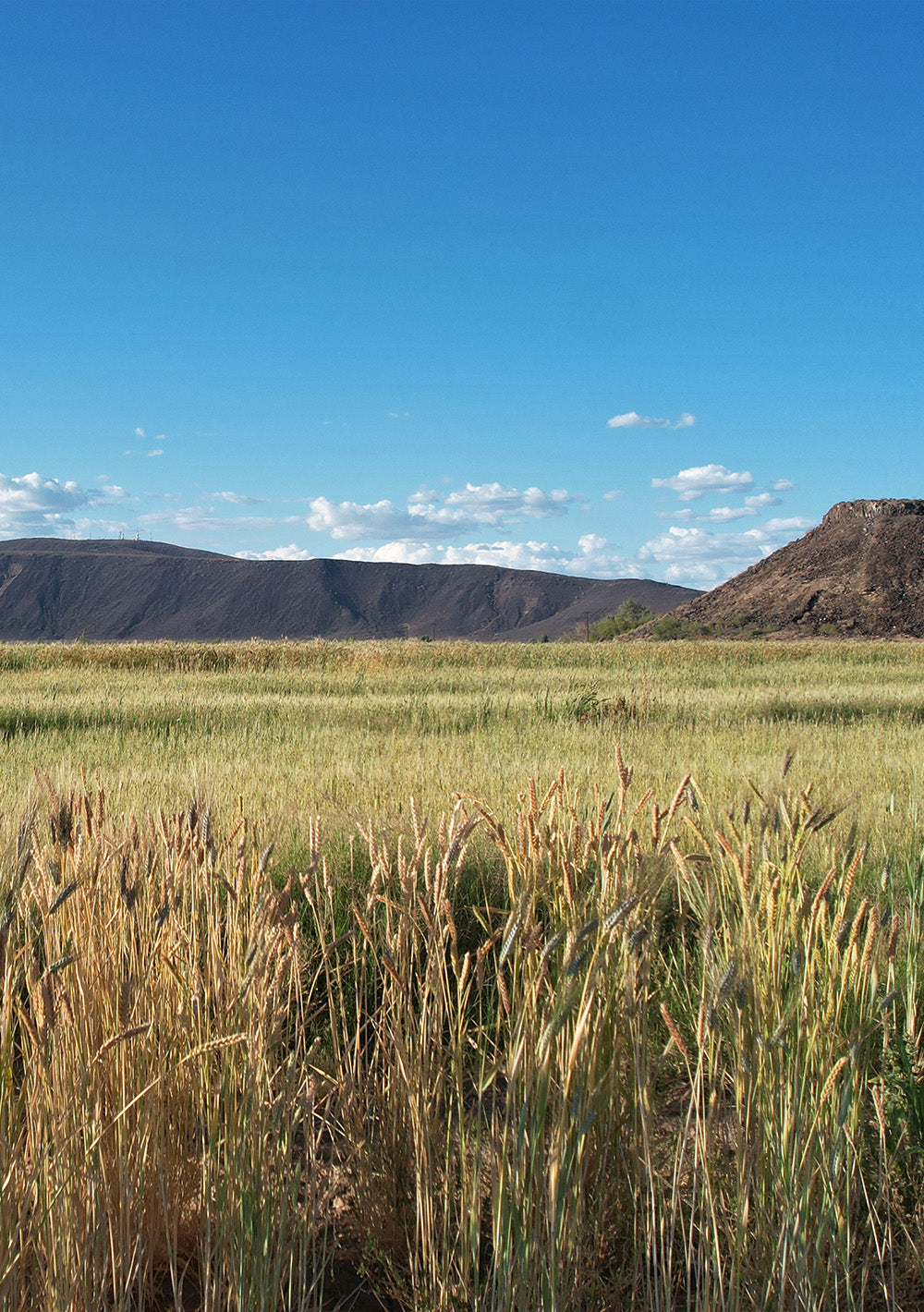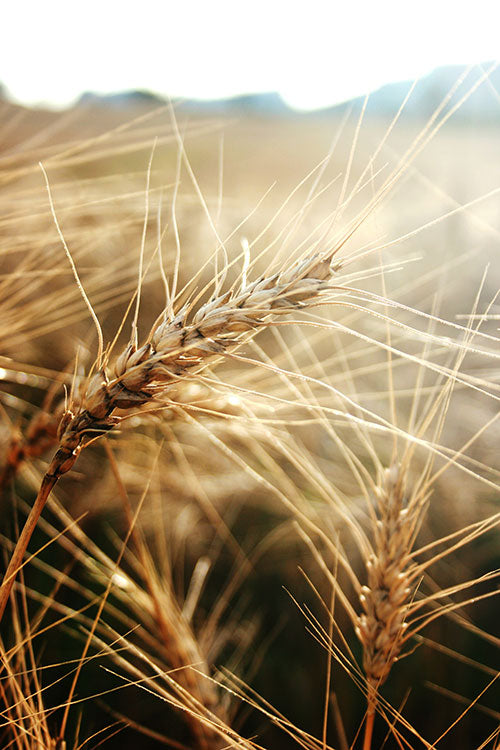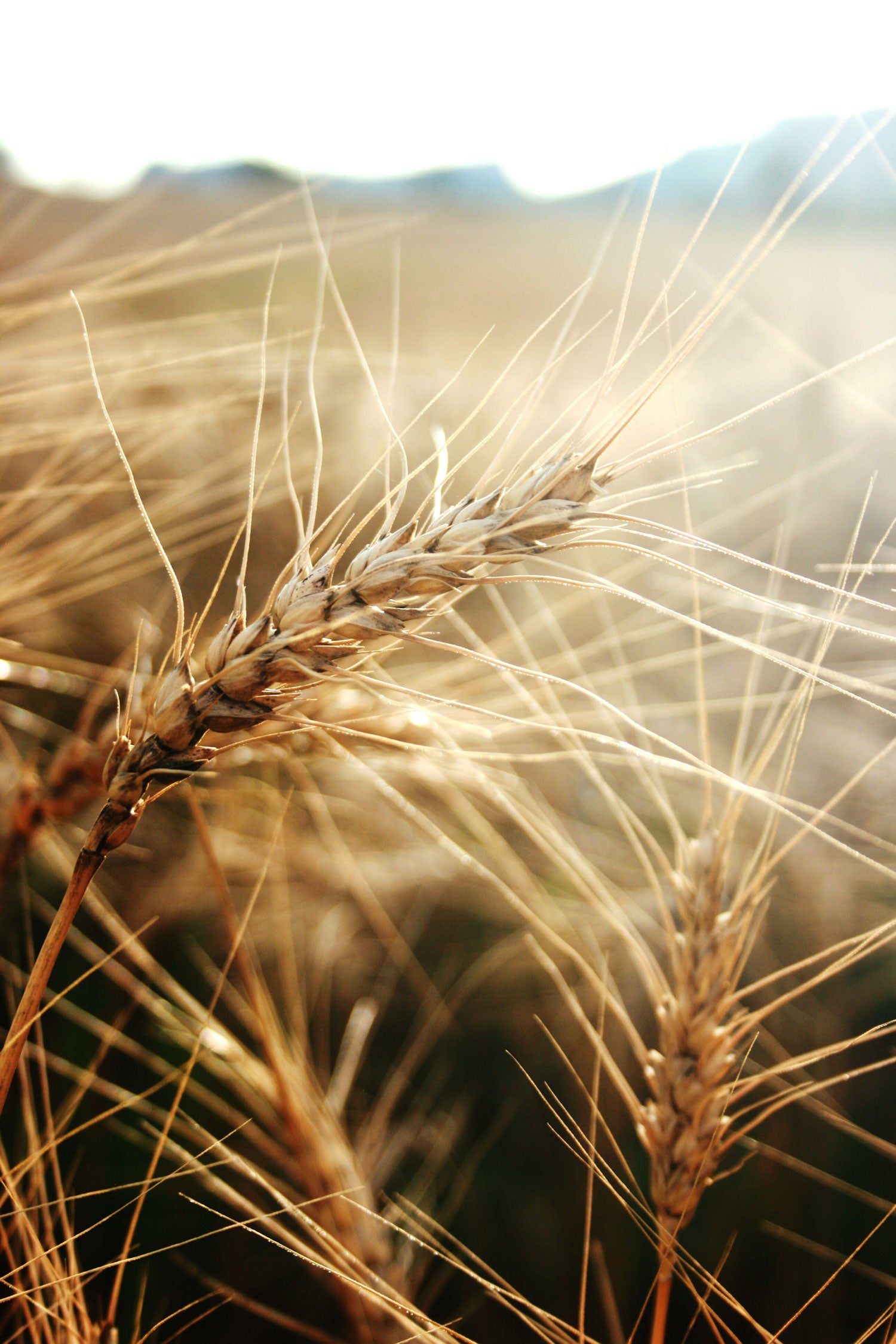
Regenerative Organic Certified® is the highest standard for organic agriculture in the world. It goes beyond USDA Organic by focusing not just on how food is grown, but how farming impacts the planet and the people involved.
To earn this certification, farms must meet rigorous criteria in three key areas:
When you see the Regenerative Organic Certified® seal, you’re supporting a food system that regenerates the earth, respects farmworkers, and produces nutrient-rich food—all without synthetic chemicals or GMOs.
Regenerative Organic Certified® is the highest standard for organic agriculture in the world. It goes beyond USDA Organic by focusing not just on how food is grown, but how farming impacts the planet and the people involved.
To earn this certification, farms must meet rigorous criteria in three key areas:
When you see the Regenerative Organic Certified® seal, you’re supporting a food system that regenerates the earth, respects farmworkers, and produces nutrient-rich food—all without synthetic chemicals or GMOs.
Slow Food Farms are more than just places—they’re living commitments to growing food that’s good, clean, and fair. Rooted in tradition and guided by nature, these farms nurture indigenous breeds, heirloom crops, and biodiverse landscapes.
From pasture to plate, they grow food slowly and intentionally, in harmony with the land, the seasons, and local communities.
By working with nature—not against it—they protect the soil, support pollinators, and help preserve agricultural heritage for generations to come.
This is what it means to grow Slow Food.
Slow Food Farms are more than just places—they’re living commitments to growing food that’s good, clean, and fair. Rooted in tradition and guided by nature, these farms nurture indigenous breeds, heirloom crops, and biodiverse landscapes.
From pasture to plate, they grow food slowly and intentionally, in harmony with the land, the seasons, and local communities.
By working with nature—not against it—they protect the soil, support pollinators, and help preserve agricultural heritage for generations to come.
This is what it means to grow Slow Food.
